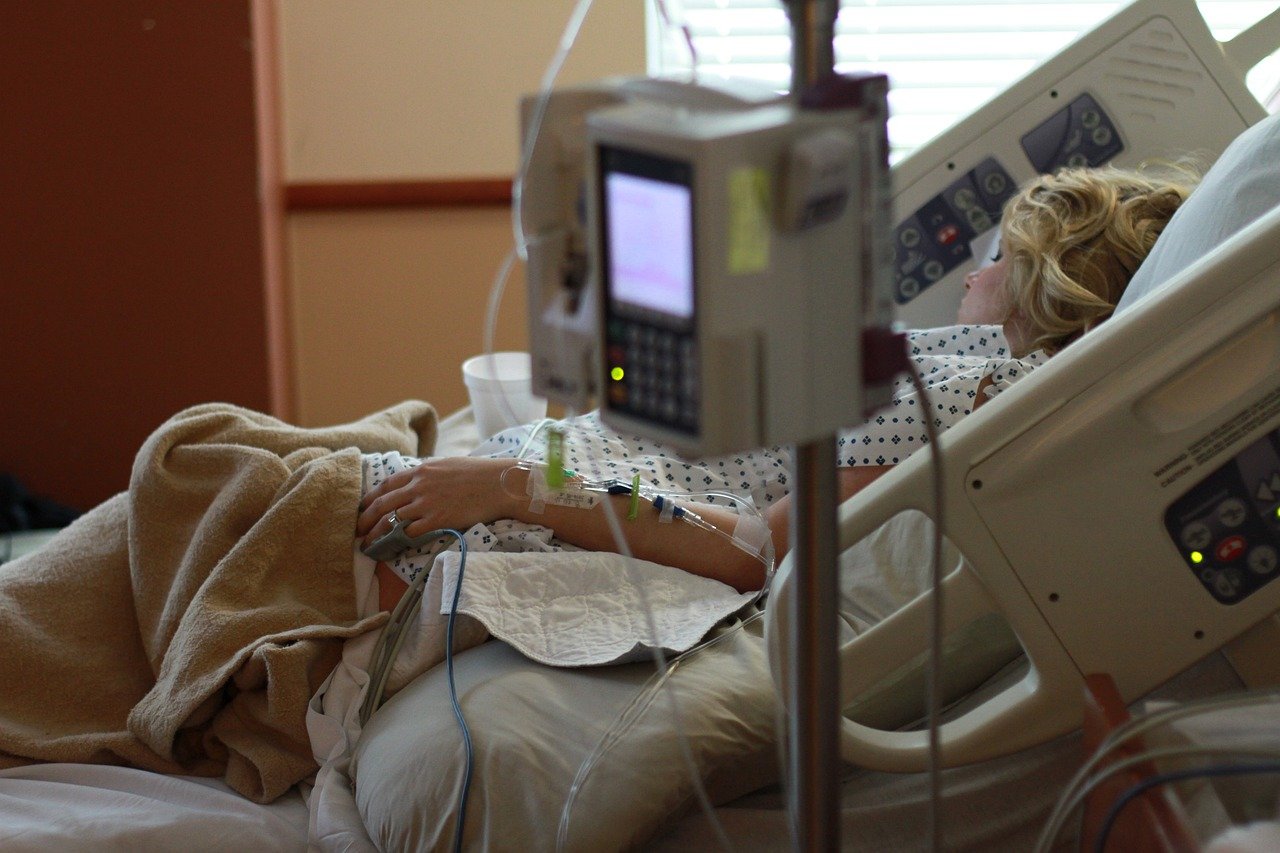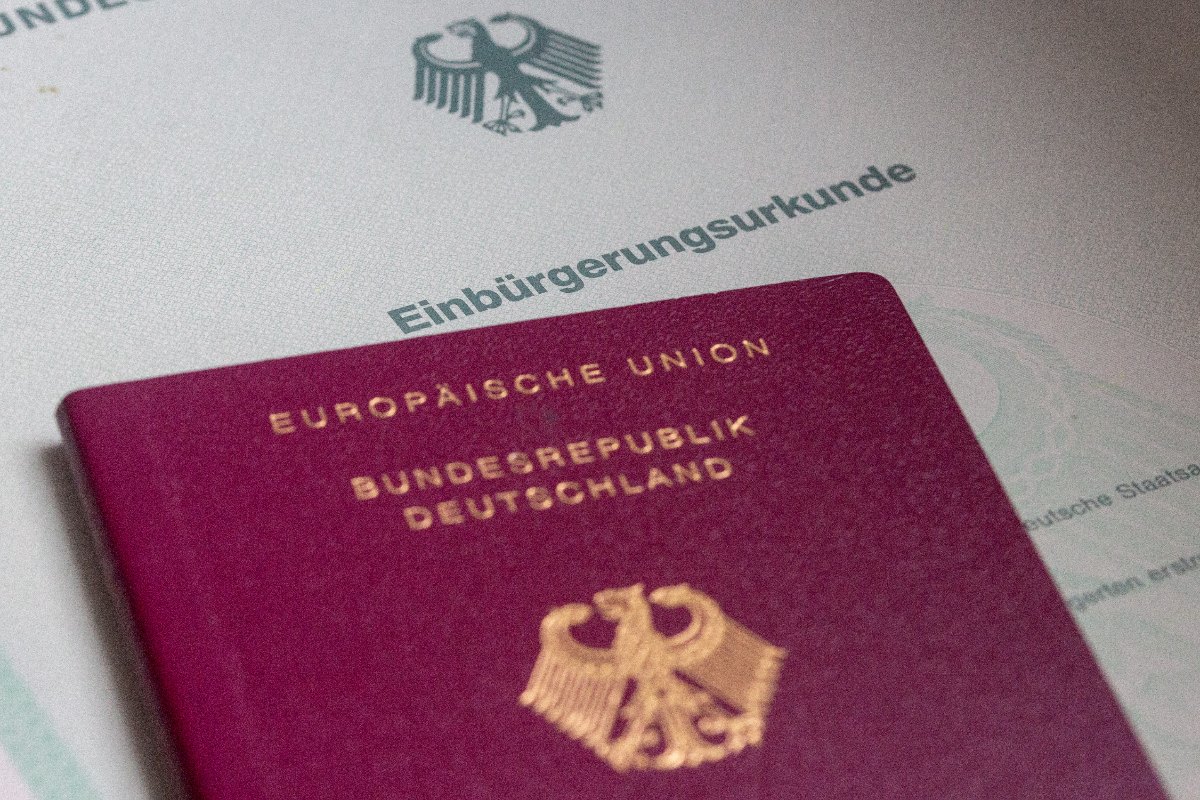Unlike the single payer healthcare models seen in Canada or the UK, healthcare in Germany uses a social insurance model – where employees pay into their health, pension, and long-term care insurance along with their employers.
Essentially everyone resident in Germany is legally required to have health insurance, with the vast majority of residents – or around 90 percent – opting to be insured through one of the country’s approximately 100 public insurance funds.
These funds typically take their fees off of an employee’s payslip in an amount that’s relative to income, with the funds also getting top-ups from the government. For high earners in particular though, these amounts can get quite high – and some opt to pay for private health insurance rather than public.
While people with pre-existing medical conditions cannot typically get private health insurance, these private funds are allowed in Germany and can be quite attractive for higher earners – particularly if they’re young and have no obvious health conditions. In cases like that, privately insured people can end up saving significant sums they would otherwise spend on public health insurance – as private contributions are determined by someone’s risk profile rather than set proportional to their income, as public funds do. It’s not uncommon for younger people in Germany to switch from public health insurance to private after getting a big promotion with a large pay raise.

However, as people get older and require more healthcare, the costs of private health insurance can go up – and it can be unclear at times just precisely what they’ll cover and what they won’t. The longer someone is outside of public insurance – to use a private option, for example – the harder it can get to switch back to public health insurance.
For this reason, even many high earners in Germany may still choose to stay in public health insurance rather than opt for private – paying more now to ensure they avoid complications with private insurance and health coverage as they get older.
READ ALSO: Could it soon get harder to get private health insurance in Germany?
Can I switch back into public health insurance?
That depends on three things – your income, employment status, and your age.
Generally speaking, only people making less than €72,926 gross (as of 2024) per year are eligible to switch back into public insurance from private. This can obviously be tricky for high earners who opted to switch to private insurance in order to save money – as they may need to be earning less than they did when they first switched into private insurance, in order to get back into public insurance.
There are still a few cases where this might be possible though, depending on the situation. Someone taking a sabbatical, someone who reduced their working hours, someone who lost their job and is earning less than €72,926 annually on unemployment insurance or someone who made a career change and now makes less than the €72,926 annual threshold might all qualify. The public health insurance fund in question may still have some discretion here about whether to refuse someone.
In general, self-employed people who have private health insurance usually can’t switch back into public insurance – even if they earn less than the €72,926 threshold. The exception to this is self-employed people in the arts who pay social insurance contributions through the artists social insurance fund (KSK). This is because the KSK essentially stands in for the artist’s employer and public insurance funds will count KSK members as being employed, rather than self-employed, for the purposes of deciding who to accept and how much they’ll have to pay.
KSK: How creative freelancers can pay less for German health insurance
How long do I have to switch back into public health insurance if I want to?
Generally, people can switch from private health insurance in Germany to public until age 55. Making the switch is generally not possible after that.
That said, there are reasons why some people may want to make the switch earlier, particularly if they intend on retiring in Germany.

That’s because pensioner’s health insurance, or Krankenversicherung der Rentner (KVdR), is only available to people who reach retirement age who have been publicly insured for at least 90 percent of the second half of their working life. So someone who started working at age 21 and retires at age 67 in Germany would have to switch into public health insurance by age 46 to be able to access KVdR once they retire.
READ ALSO: How German health insurance costs are set to rise from 2024
Why would pensioner’s health insurance matter? Am I still covered in retirement if I don’t have it?
The short answer is yes. If you don’t have KVdR in old age but you do have public health insurance, you still have health coverage in retirement. Having KVdR could still save you some money though, depending on your situation.
KVdR in Germany provides health coverage for pensioners and calculates their contributions based on the pension they draw and any other employment income they may get – for example if they still work part-time. Other income though, such as rent from a property they might let out, isn’t taken into account. A public insurance fund, on the other hand, will take all income into account. So someone who sells a property may have to pay capital gains tax and a corresponding proportional payment to their public insurance fund.
However, someone covered by KVdR instead will not have to pay this extra payment to their health insurer. Their contributions remain tied only to their pension and employment income – and nothing else.
People looking to retire in Germany and take advantage of KVdR thus have another incentive to either stay on – or switch to – public health insurance if they can.
READ ALSO: How long do you have to work to receive a German pension?





 Please whitelist us to continue reading.
Please whitelist us to continue reading.
Member comments